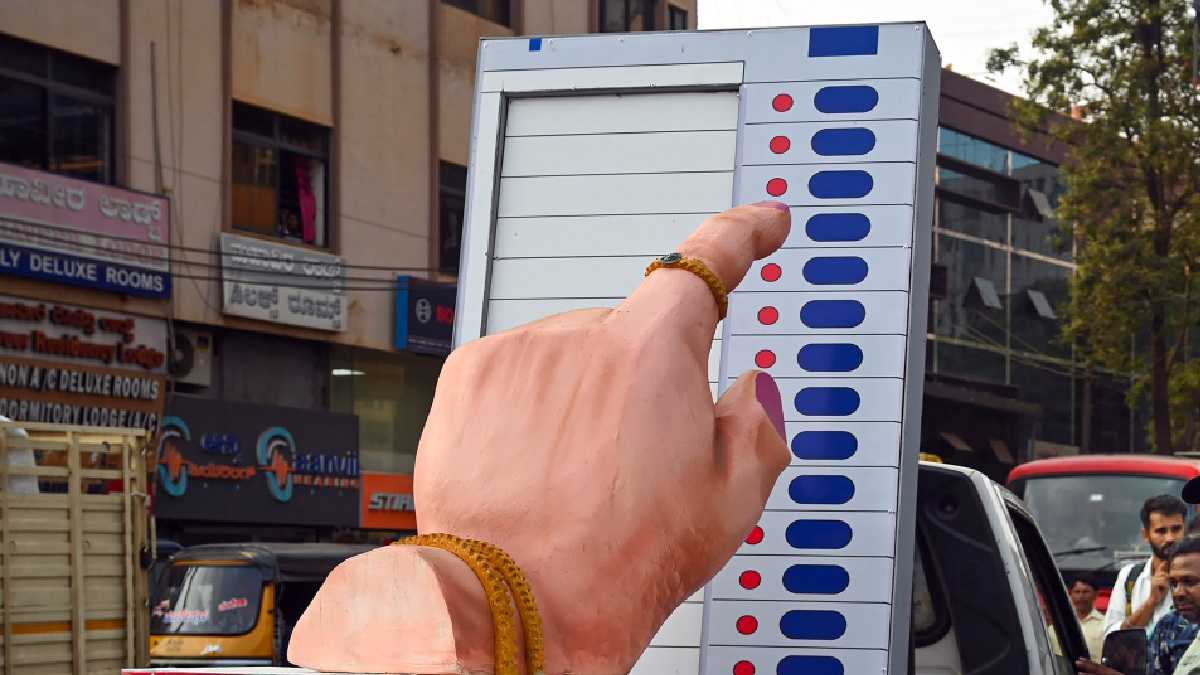Kudankulam constructed with highest safety standards: Kalam

Kalam, who visited the stir-hit Kudankulam plant in Tamil Nadu earlier this month and expressed satisfaction over its safety aspects, said nuclear power is one of the "cleanest resource" in achieving independence from fossil fuels.
A nuclear and missile scientist himself, the former President said he went to Kudankulam in Tirunelveli district to understand the plant's safety features and how authorities are addressing the concerns of the locals in the aftermath of Fukushima nuclear mishap.
"It is established that this plant is equipped with the latest technologies when it comes to safety...the structure of the plant has been made with highest safety standards," he said, addressing a seminar 'Disaster Risk Reduction: Another Important Route to Poverty Alleviation' here.
His comments come as protests continue unabated in Kudankulam area against the nuclear power project.
Kalam also dismissed the fear of a danger to the plant in the event of a tsunami, saying the wave height would not exceed 5.44 metres, whereas the reactor is located at 8.7 metres height, turbine plant at 8.1 metres, diesel generators at 9.3 metres height and switch yard at a height of 13 metres.
Dwelling into the safety aspects, he said all four important aspects -- structural integrity safety, thermal hydraulic safety, radiation safety and neutronic safety --- have been designed with "highest safety standards."
He said, "Electricity is the most important component in development of the society through small and big industry, agriculture and above all improving the quality of life of every citizen at home and workplace."
Kalam said as of today 29 countries are operating 539 nuclear power plants, with a total capacity of about 3,75,000 MW(e) and that the industry now has more than 14000 reactor-years of experience.
"The nuclear power reactor technology is graduating towards most robust safety and security system capability which virtually minimises the risk factor in building and operating a nuclear reactor," he said.
Kalam emphasised that there is a need to mainstream Disaster Risk Management in all areas of development and cooperation and said this can be achieved only by integrating the development plan of a particular region with the disaster risk reduction plan of the same region.
He said planning in advance, designing the systems to withstand the higher level of risk through robust design methodologies and implementing it in right time to reduce the vulnerabilities of the risk to a maximum extent are the basic foundations for risk reduction.
He also suggested a combined disaster management and development plan for a state like Bihar which can be implemented as a part of the 12th five year plan of the nation.
"Connecting rivers and water bodies as a national smart waterways as a grid in each state will definitely mitigate the suffering from flood and redistribute the water to the water deficit areas and hence reduce the problem during droughts," he said.
To drive home his point that systems can prevent disaster, Kalam said when a missile which the ISRO was launching from Sriharikota "misbehaved", its direction was towards Chennai.
"What will happen? There is a destruction command. We used the command, turned the direction and made it crash into the sea," Kalam said.
PTI


 Click it and Unblock the Notifications
Click it and Unblock the Notifications


































